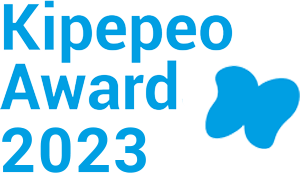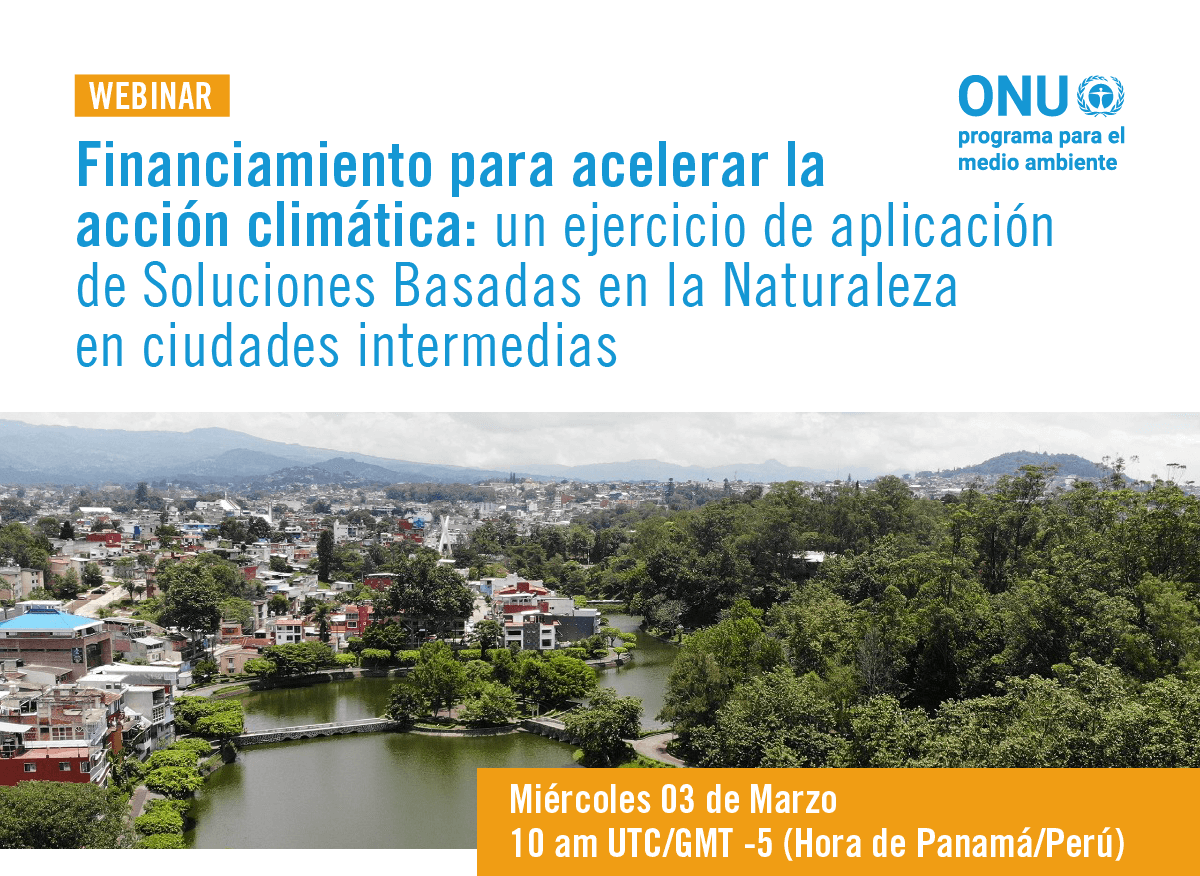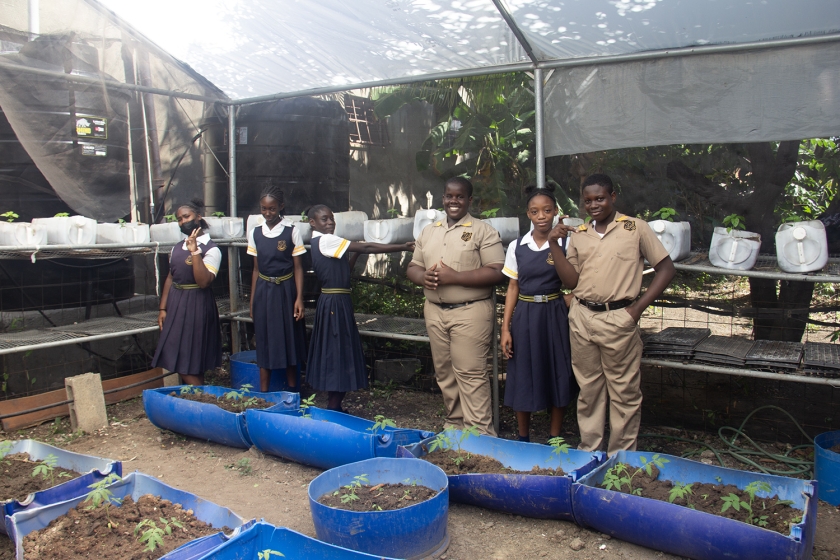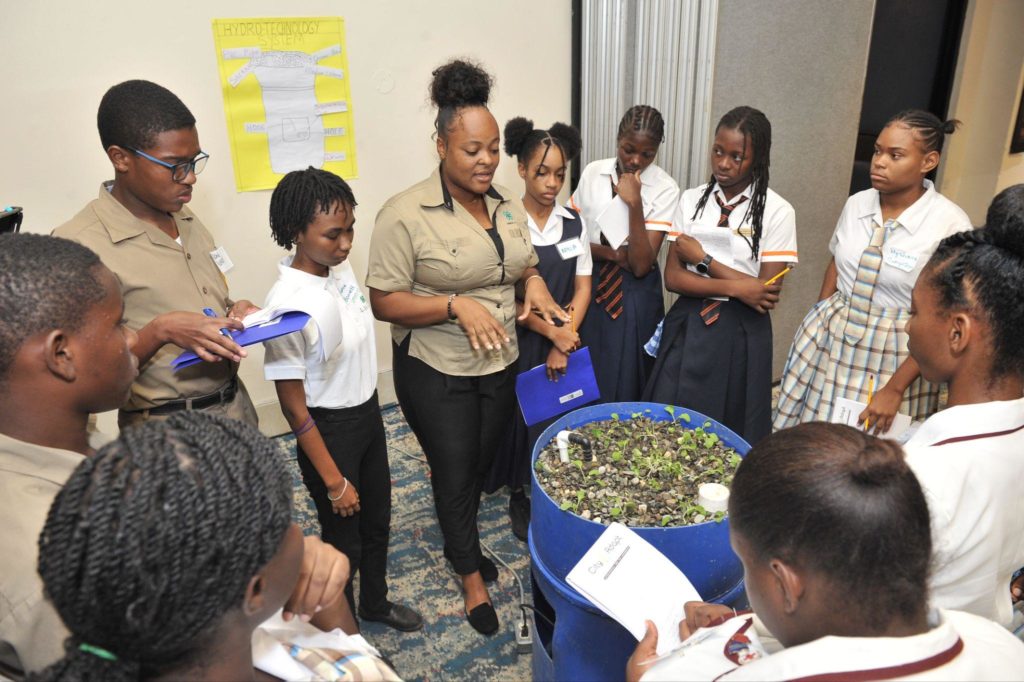The online course titled “Finance and Climate Action in Cities: NbS as an Adaptation Mechanism in Latin America and the Caribbean” recently concluded with a end-of course webinar this month.
Panama, March 26, 2021 – With the support of the European Union programme Euroclima+ and in coordination with the NGO Practical Action, the course took place from October to December of 2020 and brought together 45 professionals working in government and climate-related fields for a period of eight weeks. Participants from 14 different countries shared their experiences and learnt together about when and how ecosystems (mangroves, coral reefs, forests, wetlands, etc.) can be restored and protected to make their cities less vulnerable to climate impacts such as higher temperatures, flooding, storm surges, and landslides, while also providing a wide range of other benefits, including the protection of water supplies and livelihood opportunities in sustainable agriculture, urban beautification, and tourism, among others.
In total, the course participants completed six weeks of classes and two weeks of activities expanding their knowledge on NbS implementation and using tools such as gender-differentiated climate change vulnerability assessments and monitoring and evaluation methodologies to gauge project impacts over time, and, last but not least, finance mechanisms to support their cities’ NbS activities. The course’s final webinar allowed four students to present the work developed during the different modules, with a characterization of their cities and concrete proposal of NbS and related finance mechanisms that could be used in Xalapa, Mexico; Guatemala City, Guatemala; Buenos Aires, Argentina; and Guarne, Colombia.
Participants testified of an across-the-board increase in their perceived knowledge of the different topics presented during the course, with some of the greatest improvements occurring regarding NbS in general, urban adaptation solutions, co-benefits, and finance. Participants rated at 87.2% the chance of using this gained knowledge in their ongoing and/or future work.
Ilse Juárez, from Puerto Vallarta, Mexico, said that what she learned in the course “will be fundamental for implementing [her city’s] Municipal Climate Change Program so that identified adaptation measures are focused on NbS, in addition to establishing strategies for finance and monitoring and evaluation for its long-term success”.
The course has come to a successful completion but the recordings are available free online. It allowed its 45 participants to develop the skills to transform their cities and was also an inspiration and an example for other cities around the world. Already, UNEP in LAC is planning on transforming this into a MOOC in the coming months and UNEP in the Middle East and North Africa region is considering localizing the course materials and webinars for its own population’s needs. This represents a major step forward in transforming this largely regional course on Finance and Climate Action in Cities into a globally accessible learning opportunity to build ambition for Nature-based Solutions for climate adaptation.




